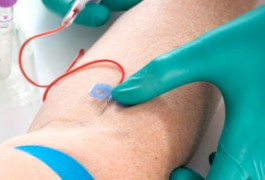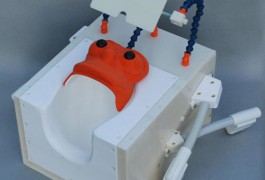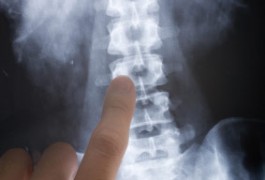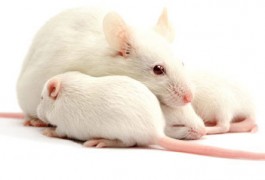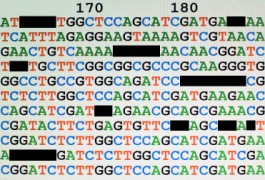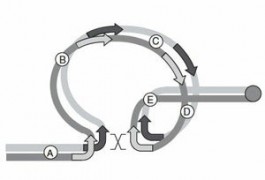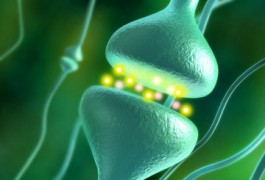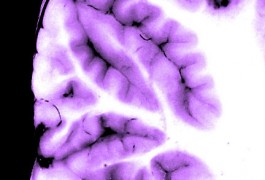Genetics: Maternal and paternal age increase risk of autism
The odds of having a child with autism begin to rise at age 35 for both men and women, but that risk does not increase further when both parents are over 35, according to a large study published in the March issue of Annals of Epidemiology.








